- 21 Sep 2023

How is AI emerging in the travel industry?

If travel technology is constantly evolving, AI is leading the race. The tech is making travel more attractive and reliable as a business solution. AI is utilized in the travel sector for various customer support and administrative tasks. Forecasts indicate that AI might boost the travel business, adding around $1 trillion by 2025. Travel players are excited about new-found AI-enabled capabilities, including voice and facial recognition, innovative marketing, and improved demand management.
However, AI is not new to travel. Airlines, hotels, and the transportation industry have employed both AI and ML or machine learning in more ways than one to manage demand and rates. The technology is further anticipated to optimize pricing so vendors can reap their profits.
Innovative uses
Planning trips and flights, drawing up itineraries, and sifting through innumerable filters to find the ideal transport and hotels was an elaborate process that would take a lot of time. Following technological advancements, AI has altered all these in various ways.
Personalization
While personalization is not new, AI brings higher levels of innovation into the journey by providing travelers with recommendations based on their needs. Data science and machine learning capture insights according to search requirements, which the algorithm will remember for future use.
AI assistants
An AI-based assistant can help you with every aspect of travel preparation, including hotel reservations and calendar entries. Additionally, AI chatbots are used across customer service channels to answer repetitive consumer queries. While it may not help personalize complex responses, it does free up the agents’ time to address more pressing business. Following the COVID-19 pandemic, a paradigm shift has occurred in how customer service is viewed. The importance of AI-powered chatbots has grown since then, where answers can be answered to frequent and standard questions with absolute ease.
Data analysis
Since AI combines data science and machine learning, businesses access vast amounts of rich content. The information can be constructively used to create predictive and prescriptive models using automation tools to help make decisions. Large data sets can be analyzed to provide personalized recommendations for accommodations, activities, travel destinations, and more, while businesses can identify trends and patterns to indicate potential risks and opportunities.
Forecasting
Cutting-edge data science methods are used to forecast flight demand based on statistical model analytics, considering new developments from various areas of the travel industry. However, the forecasting tool is used by hotel chains, airports, and other elements of the travel industry to suggest alternative routes, for instance, flight delays and other factors that could result in customer delay and dissatisfaction.
Conclusion
Innovation is at an all-time high today, and the future will see hotels and airlines massively invest in data science, ML, and AI algorithms to predict occupancy rates. They can channel their resources better with the power of technological prophecy. Travel companies can also create trip packages using technology. The way things are progressing, AI is here to stay.
Recent Post
-
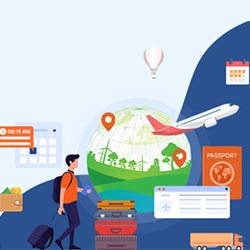
Sustainability in Travel : How travel technology drives eco-conscious tourism
25 Apr 2024
-
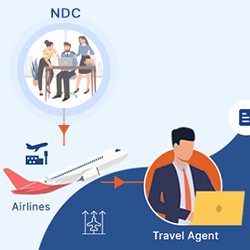
The Collective Power of NDC for Airlines, Agents, and Customers and its benefits in the travel chain
11 Apr 2024
-
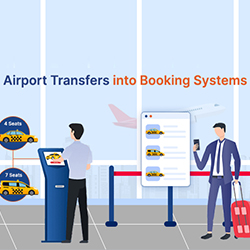
Streamlining Travel Experiences: The Importance of Integrating Airport Transfers into Booking Systems
27 Mar 2024
-
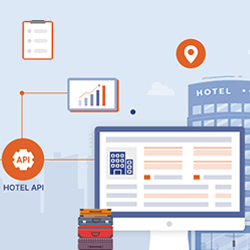
Hotel API Integration: Why it’s important for travel businesses
18 Mar 2024
-
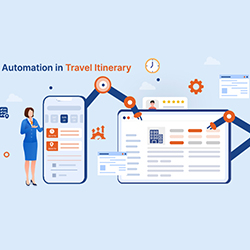
Automate the itinerary building process 5 reasons why travel agents need a travel itinerary tool
27 Feb 2024
-
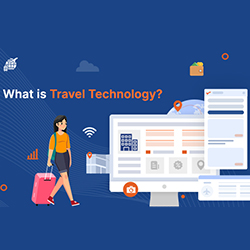
What is travel technology? An overview and its role in the travel / tourism industry
12 Feb 2024
-
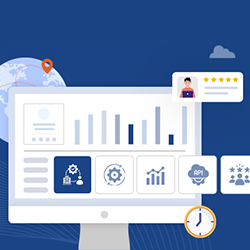
Why Every Travel Agent needs an Online Booking System in the Modern Digital Age
18 Jan 2024
-

The Role of Analytics in the Travel Industry
08 Jan 2024
-
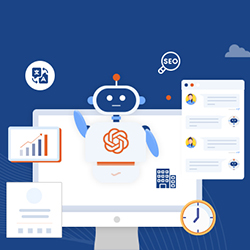
How ChatGPT can improve the Travel and Tourism sector with it’s AI capabilities
26 Dec 2023
-

AI-powered Journeys: How AI is Reshaping the Travel Landscape this Holiday Season
22 Dec 2023
-

The Crucial Role of an Automated Mid-Back Office Solution for Streamlining Travel Operations
11 Dec 2023
-
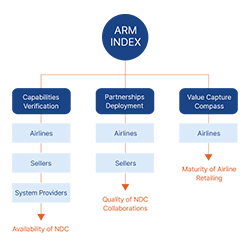
A Guide to IATA ARM (Airline Retailing Maturity) index
30 Nov 2023
-
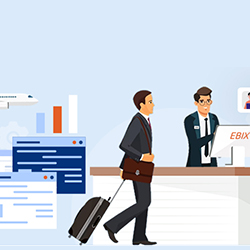
A Guide to Corporate Travel Management
16 Nov 2023
-

The Role of NFC in the Travel Industry
02 Nov 2023
-
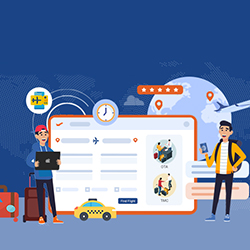
World Tourism Day 2023: Unveiling the Future of Travel Technology
27 Sep 2023
-
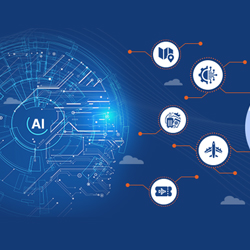
How is AI emerging in the travel industry?
21 Sep 2023
-
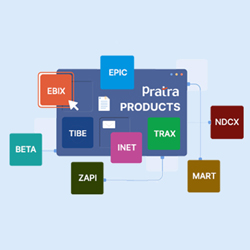
Pratra’s Innovative Travel Technology Products
04 SEP 2023
-

The Rise of Robots in Travel Industry and its Role in Enhancing Customer Experience
13 AUG 2023
-
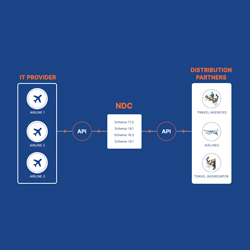
Difference between Conventional APIs and NDC APIs
01 AUG 2023
-
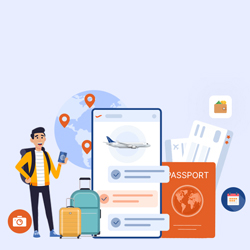
What is Travel API, and how can it help your business?
03 JUL 2023
-
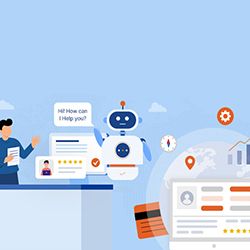
Using AI to Empower Travel Advisors
05 Jun 2023
-
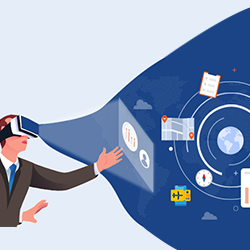
Top 5 Benefits of AR/VR Technology in the Travel and Tourism Industry
17 May 2023
-

Facial Recognition Technology and Contactless Check-ins in Modern Airports
05 Apr 2023
Let’s connect!
Our expertise is here at your disposal. We can’t wait to make use of it and help you succeed.

